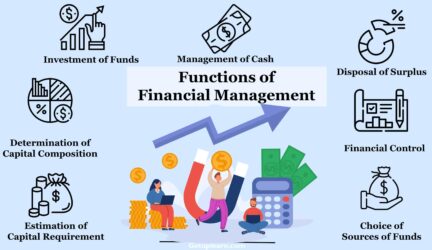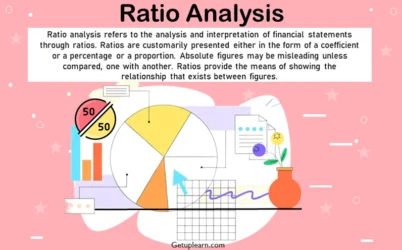Table of Contents
Equity shares are instruments to raise equity capital. The equity shares capital is the backbone of any company‘s financial structure. Equity capital represents ownership capital. Equity shareholders collectively own the company. They enjoy the rewards of ownership and bear the risk of ownership.
Equity share capital is also termed venture capital on account of the risk involved in it. The equity shareholder‘s liability, unlike the liability of the owners in a proprietary concern and the partners in a partnership concern, is limited to their capital subscription and contribution.
Below that we will be learning about the advantages and disadvantages of equity shares capital.
The following are the advantages of equity share capital:
- Equity share capital constitutes the corpus‘ of the company. It is the heart of the business.
- It represents permanent capital. Hence, there is no problem with refunding the capital. It is repayable only in the event of the company‘s winding up and that too only after the claims of preference shareholders have been met in full.
- Equity share capital does not involve any fixed obligation for payment of dividends. Payment of dividends to equity shareholders depends on the availability of profit and the discretion of the board of directors.
- Equity shares do not create any charge on the assets of the company and the assets may be used as security for further financing.
- Equity capital is the risk-bearing capital, unlike debt capital which is risk-burdening.
- Equity share capital strengthens the creditworthiness and borrowing or debt capacity of the company. In general, other things being equal, the larger the equity base, the higher the ability of the company to secure debt capital.
- The equity capital market is now expanding and the global capital market can be accessed.
The following are the disadvantages of equity shares capital:
- The cost of the issue of equity shares is high as the limited group of risk-seeking investors needs to be attracted and targeted. Equity shares attract only those classes of investors who can take risks. Conservative and cautious investors do not subscribe to equity issues. So, underwriting commission, brokerage costs, and other issue expenses are high for equity capital, raising up issue costs.
- The cost of servicing equity capital is generally higher than the cost of issuing preference shares or debentures since on account of higher risk the expectation of the equity shareholders is also high as compared to preference shares or debentures.
- Equity dividend is payable from post-tax earnings. Unlike the interest paid on debt capital, the dividend is not deductible as an expense from the profit for taxation purposes. Hence the cost of equity is higher. Sometimes, a dividend tax is paid, which further raises the cost of equity share capital.
- The issuing of equity capital causes a dilution of control of the equity holders.
- In times of depression, dividends on equity shares reach very low levels which leads to a drastic fall in their market values.
- Excessive reliance on financing through equity shares reduces the capacity of the company to trade on equity. The excessive use of equity shares is likely to result in over-capitalization of the company.


